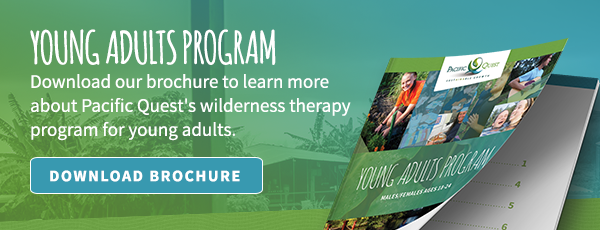The holiday season is a time of warm-hearted cheer and jovial social engagements. It’s a magical time, where we gather often with friends, family, peers and co-workers to celebrate the season. With all this merriment, however, comes the need for greater care and responsibility. The holiday season provides teens greater exposure to alcohol and events where drinking is underway, and an increased probability for drinking and driving. Forty percent of highway deaths during the Thanksgiving holiday are alcohol-related, according to Mother’s Against Drunk Driving (MADD). That number decreases slightly during the Christmas holiday to 37 percent, and increases drastically during on New Year’s Day to 57 percent. The average for the rest of the year? Thirty-one percent. Here are some tips to help keep your teen from making poor alcohol-related decisions this season.
Set a Positive Example
In an article titled “Holiday Parties and the Hypocrisy Dilemma,” Director of Adolescent Medicine at the New York Presbyterian Morgan Stanley Children’s Hospital Dr. Karen Soren notes that the holiday season is the time when parents and children will no doubt be “thrust into social situations where one group generally consumes alcohol while the other watches.” This can possibly send your teen mixed messages about your stance on alcohol. Set a positive example by always having a designated driver present, or acting as the DD yourself. If you host a holiday party at your home, have everyone who is drinking drop their keys at the door and give out Uber or taxi information to all party-goers so they are prepared with a safe ride home. Always have non-alcoholic drinks available for those who would prefer to drive home.
Handle Stress in a Healthy Way
The holidays go hand-in-hand with increased stress. Teens often are dealing with the stress associated with the close of the semester, and may be more likely to be looking for a “release.” They may turn to alcohol in social situations to celebrate or decompress. Talk to your teen about healthy ways they can manage their stress and give them the resources to do so. One good way to decrease stress during the holiday season is to give back. Volunteer with your teen and participate in charitable activities to help bring things back into perspective for the entire family.
Discuss Actions and Consequences
There are few things that are certain in this world, and unforeseen circumstances and events surprise us all the time. This concept can be a difficult one for teens to grasp, as they naturally feel they’re untouchable and nothing bad will happen to them. Remind them that tragedies can strike, usually to people who least expect it. No need to go too morbid here, but presenting the facts of life as they are may be a good approach. In an instant, your teen can seriously injure themselves, or others, because they decide to consume alcohol and operate a motor vehicle. Alcohol consumption comes with an age restriction for a reason—no matter how responsible your teen feels they are.
Educate and Communicate
Keep in mind, the traditional observed holidays are not the only days you need to be on high alert. Have you ever heard of “Blackout Wednesday?” This is a binge drinking holiday, which takes place the day before Thanksgiving, common with high school and university students that rivals New Year’s Eve and St. Patrick’s Day. It is also referred to as “Drinksgiving.” Speak with your teen about the dangers of binge drinking and keep the conversation casual and open. Ask them to discuss their feelings with you and encourage your teen to work with you to create a holiday party plan everyone can agree with.
If you suspect your teen may be drinking and driving, or participating in other high-risk behavior, it may be time to seek help. Holiday break is the ideal time for a teen to participate in a Wilderness Therapy program like the ones offered at Pacific Quest.
